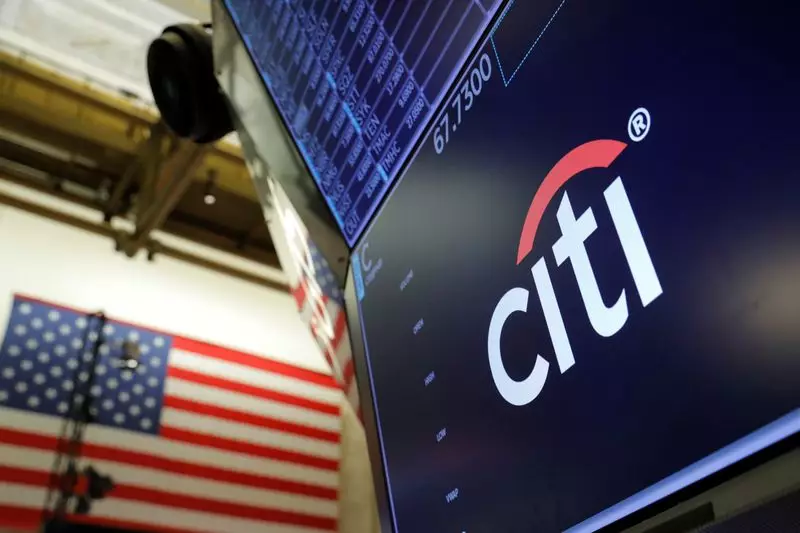Recent reports from industry analysts suggest a remarkable escalation in Citigroup’s stock performance, prompting substantial optimism among investors. Wells Fargo analysts have boldly indicated that Citigroup’s share price could potentially double within a three-year period. They forecast an improvement in the bank’s profitability as operational costs stabilize, and they highlight a major organizational restructuring, the most significant in five decades, which is poised to enhance management accountability. The price target for Citigroup has been revised upwards from $95 to $110, accompanied by an “overweight” rating that clearly establishes the institution as a frontrunner among large-cap banking stocks, barring any significant economic downturn.
At the core of this revitalization is Jane Fraser, Citigroup’s CEO, who has been spearheading stringent measures aimed at improving the bank’s financial performance since taking office in 2021. Her strategic initiatives, particularly the comprehensive restructuring implemented in 2024, have been instrumental in refining the bank’s operations and driving down costs. Fraser’s approach has been lauded by analysts, including Mike Mayo from Wells Fargo, who has been known for his forthright critiques of banking practices. Mayo’s endorsement exemplifies the positive reception of Fraser’s reorganization efforts, which promise not just increased profitability but also a significant cultural shift within the institution.
Industry experts have characterized 2024 as a pivotal transitional period for Citigroup, marking a shift from a lengthy phase of value destruction towards a future focused on value creation. The analysts suggest that the newly implemented structure—transitioning from a complex global matrix to a streamlined focus on five distinct lines of business—is crucial for enhancing operational efficiency. This transition has reportedly fostered a climate of greater management accountability, an essential aspect that investors often overlook in their evaluations of the bank’s potential.
Furthermore, analysts from KBW have also taken a positive stance on Citigroup, lifting their price target to $85, citing increased capital market activities as a potential boon for the bank in 2025. The current price-to-book ratio for Citigroup stands at an enticing 0.69, significantly lower than its key competitors like JPMorgan Chase and Bank of America. Such a valuation suggests that Citigroup might be operating under the radar as a potentially undervalued stock. The notion that this transition from a period of stagnation to robust value creation could yield substantial long-term gains resonates strongly with many investors.
Through effective leadership and a strategic reorganization, Citigroup appears poised to enter a prosperous phase that could significantly uplift its stock value. Analysts express hope that the bank will only continue to improve its standing in the competitive banking landscape, and the collective insights hint at a potentially transformative journey. Investors should remain vigilant as these developments unfold, as the confluence of improved accountability, operational efficiency, and attractive valuation brings a compelling narrative to Citigroup’s future.

